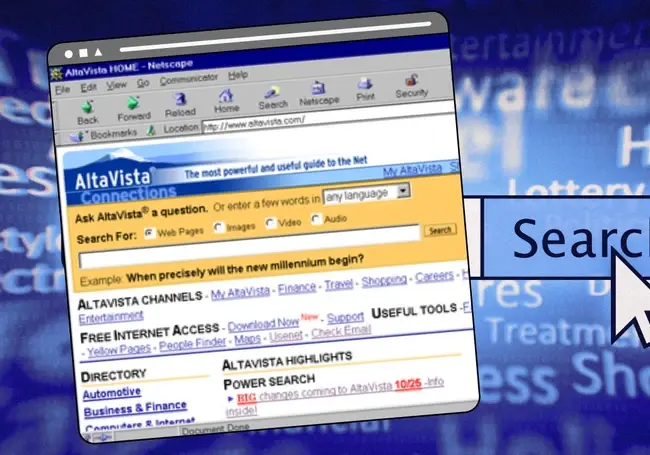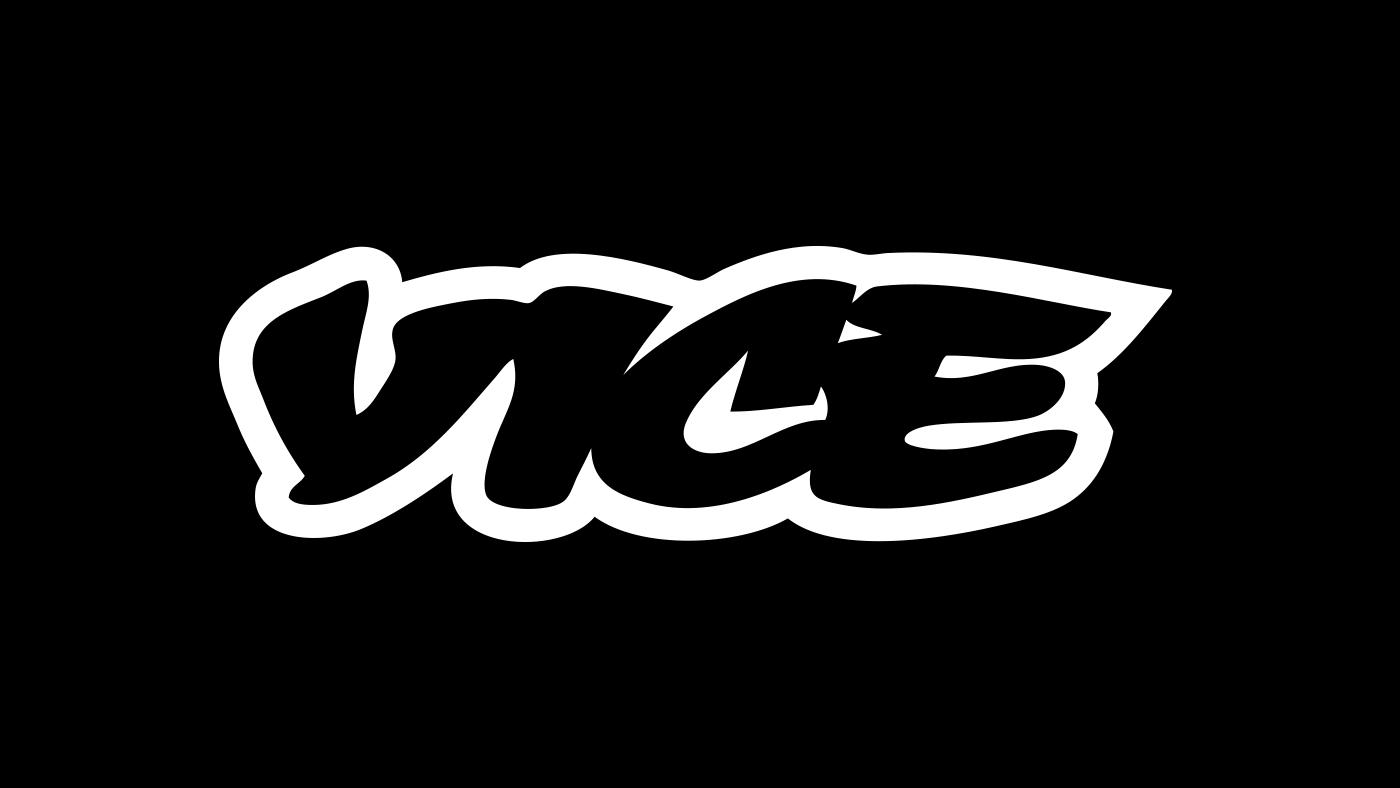
I’m a Therapist. ChatGPT Is Eerily Effective.
I didn’t expect much. At 81, I’ve seen tools arrive, change everything and then fade, either into disuse or quiet absorption. Self-help books, mindfulness meditation, Prozac for depression and cognitive therapies for a wide range of conditions — each had its moment of fervor and promise. Still, I wasn’t prepared for what this one would do, for the way it would shift my interior world.
It began as a professional experiment. As a clinical psychologist, I was curious: Could ChatGPT function like a thinking partner? A therapist in miniature? I gave it three months to test the idea. A year later, I’m still using ChatGPT like an interactive journal. On most days, for anywhere between 15 minutes and two hours, it helps me sort and sometimes rank the ideas worth returning to.
In my career, I’ve trained hundreds of clinicians and directed mental health programs and agencies. I’ve spent a lifetime helping people explore the space between insight and illusion. I know what projection looks like. I know how easily people fall in love with a voice — a rhythm, a mirror. And I know what happens when someone mistakes a reflection for a relationship.










